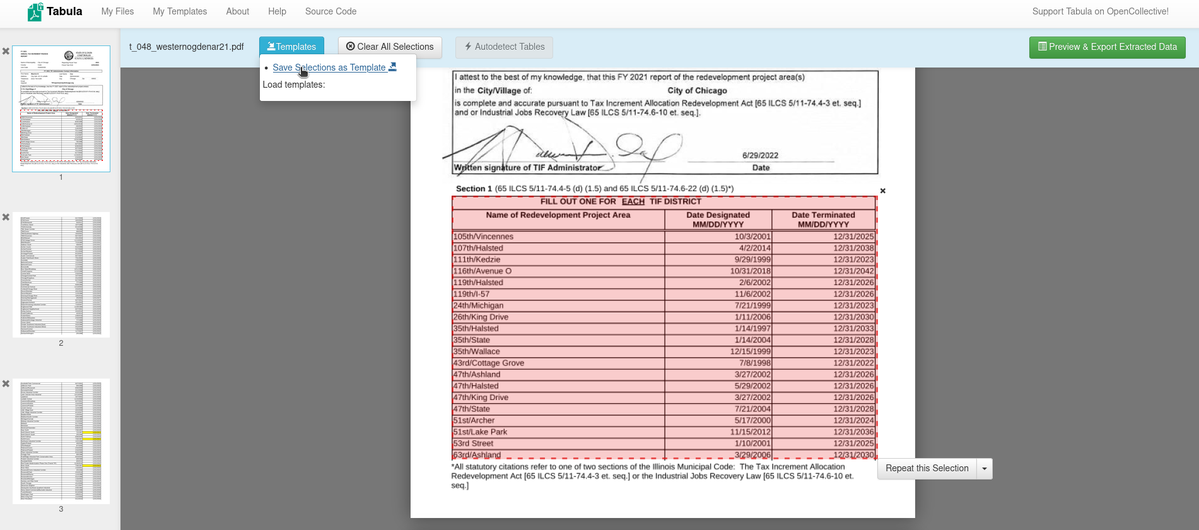Last week, we fixed a bug that accidentally hid some organization’s requests from their request page. We also continued hacking away at a new project that helps scan the websites of agencies in our database to look for how well they follow best practices from accessibility and speed to securing visitor privacy.
For previous site improvements, check out all of MuckRock’s release notes, and if you’d like to get a list of site improvements every Tuesday - along with ways to help contribute to the site’s development yourself - subscribe to our developer newsletter here.
Site Updates
Organization requests now show properly on Organization pages
You can browse Organization accounts on MuckRock and see public requests filed by members of that organization. Or at least, you could until about a month ago when a bug popped up that stopped those requests from showing. That bug is now quashed, so you can see the thousands of requests filed by MuckRock staffers, for example.
Note that you can only see public requests for a given organization. Also, organization admins can set their organizations to private by editing the organization’s settings on Accounts.
Come hack on MuckRock
If you’re the kind of person who gets excited about building cool, impactful open source software, you might also be interested in our Tuesday meetups in Cambridge, Massachusetts or our other open source efforts.
Right now, we’re working on a website that scans government websites to check on how well they’re doing on a number of important factors, ranging from mobile friendliness and accessibility to ease of contacting them.
Checking into the details of agency websites can be incredibly valuable. For example, recent ProPublica sleuthing of Intuit’s website turned up the fact that the company was deliberately hiding its free-to-file program from search engines. We’re interested in doing similar investigations at scale by parsing as many government websites as possible.

Check out the source code for this project here, and then join us Tuesday.
There are also a number of ways to help us continue to improve the core MuckRock site experience. We have a project and a weekly newsletter, “Release Notes,” that highlights everything we’re working on. Register to get a summary of site updates each week and details on open issues you can help with.
Check out some of our issues labeled “help wanted” for ideas on where’s good to start, or just pop into our Slack’s #Developers channel.
Subscribers to the weekly newsletter get exclusive data sets, FOIA-related scripts, and other transparency hacker tidbits exclusively for subscribers. You can subscribe to the newsletter at the top or bottom of this page.
If you spot a bug or have a feature request, you can also help by opening an issue on GitHub.
If you do, please search open issues first to make sure it hasn’t already been reported. If it has been reported previously, please leave an additional comment letting us know it’s an issue for you, particularly if you can provide more details about when it crops up or what you think is causing the problem.
In addition to the new newsletter, we have a developer channel on the MuckRock Slack.
Image via Wikimedia Commons




